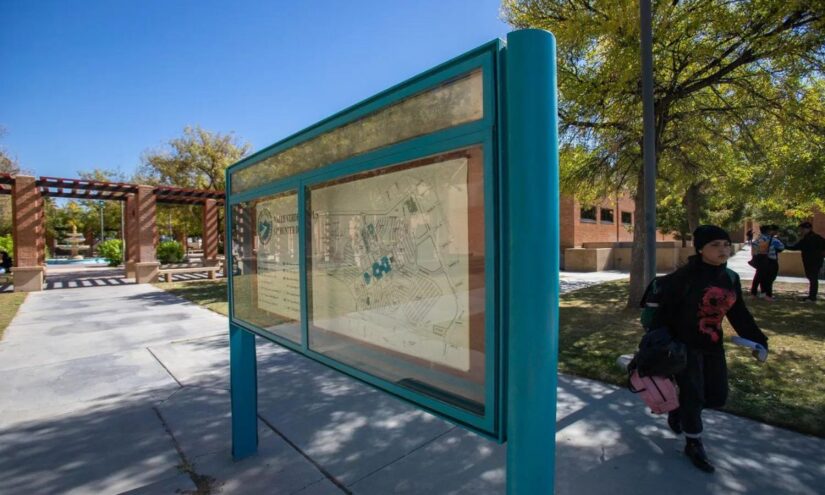Reflecting on the tenets that shape our educational practices is fundamental for …
Advocates Call on Higher Education Institutions to Extend Enrollment Deadlines in Light of FAFSA Delays
Carlos Changemaker

A number of national organizations in the field of higher education have requested colleges and universities to extend their usual May enrollment deadlines. This is to accommodate students who will not receive their financial aid packages until March due to delays with the FAFSA. The request was made by nine organizations, including the National College Attainment Network and the National Association of Student Financial Aid Administrators. The goal is to give students and their families more time to consider financial aid offers and make decisions about attending college.
The delay in application information, which colleges and universities use to determine the amount of financial aid a student will receive, has raised concerns among these organizations. Normally, institutions would receive this information in October, but this year it was expected in January. As a result, the groups are urging schools to be flexible with students and families as they evaluate admission offers and financial aid options.
El Paso Community College is awaiting guidance and information from the Department of Education. The college is committed to working with students and revising deadlines if possible to ensure eligible students receive financial aid. Similarly, Texas Tech University Health Sciences Center El Paso adjusts its priority dates for awarding grants, scholarships, and aid based on information provided by the Department of Education.
The National Association of Student Financial Aid Administrators has expressed concern that the current timeline will cause delays in award letters and limit the choices available to college-bound students. The organization emphasizes the need for colleges to issue aid offers as soon as possible to prevent financially disadvantaged students from bearing the burden of these delays.
Students like Andres Orozco and Angel Waters remain determined to pursue their academic goals despite the delays. Orozco, an accounting, business, and economics major, is willing to contribute more of his own earnings to fund his education. Waters, a senior at Transmountain Early College High School, plans to fill out his FAFSA soon and hopes to receive his financial aid letters promptly.
The delays in financial aid packages are the latest setback for the new FAFSA, which was intended to simplify and expedite the application process. Known as the “Better” FAFSA, it was designed to provide students with more opportunities for financial aid. However, the launch of the application was delayed until late December, and colleges were initially told to expect applicant information in late January.
Once the FAFSA forms are submitted, they undergo a journey before reaching higher education institutions. Eventually, an ISIR (Institutional Student Information Record) is sent to the requested schools. In previous cycles, this process took a few days, but it is expected to take longer this time. Once a school receives the applicant information, it will take several weeks to evaluate, process, package, and send award letters to students, depending on the institution’s resources.



